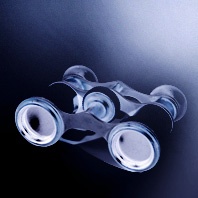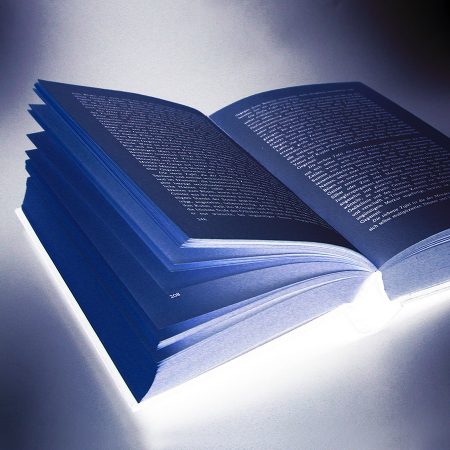The full moon in opera

Let us still stay with the music for a little while and let us bring our attention to a grand musical genre of theatre, the opera. We recently saw TOSCA (from Puccini) in Madrid and lo and behold! In the first act, we suddenly heard »luna piena«, which is Italian for full moon. A real highlight!
Then we had the idea to rummage through some libretti (opera lyrics) to find out if the full moon motif may also play a part in other operas. For this purpose, one can view the libretti online. We were interested in particular in the actual mentioning of it, as these were created by the composers themselves, whereas the appearance of the full moon on stage was usually the part of the stage designer.
First, we carefully examined the operas by Giacomo Puccini. In the TOSCA, the said part can be found where the opera singer Floria Tosca sings:
TOSCA
Act 1, Part 5
Tosca:
»È luna piena
e il notturno effluvio floreal
inebria il cor! – Non sei contento?«
(»It is the time of the full moon, when the heart
Is drunk with the nightly fragrance
Of the flowers. Are you not happy?«)

And it emerged in a further opera by Puccini, LA BOHÈME, where landlord Monsieur Benoît mentions the full moon:
LA BOHÈME
1. Picture
Benoît:
»… Non dico una balena,
o un mappamondo,
o un Viso tondo
da luna piena,
ma magra, proprio magra, no e poi no! …«
(»… well, not a whale exactly
or a map of the world
or a face like a full moon,
but not thin, really thin. No! …«)

Interestingly enough, the rest of our research for the word »full moon« in operas of other composers remained unsuccessful. We found it again in a scene description in an opera by Igor Strawinski, THE RAKE’S PROGRESS. But actually sung is only the word »moon«.
THE RAKE’S PROGRESS
Act 1, Scene 3
Summer night, full moon.
[Anne enters from house in travelling clothes]
Anne:
»… Guide me, O moon, chastely when I depart,
And warmly be the same
He watches without grief or shame;
It can not be thou art
A colder moon upon a colder heart …«

You will receive a few further results if you are not only looking for »full moon«, but also accept »moon« and compounds like »moon light« etc. And here again, two operas by Puccini appear, namely TURANDOT and MADAMA BUTTERFLY, furthermore Wolfgang Amadeus Mozart with DON GIOVANNI and Charles Gounod with FAUST.
You can say that Giacomo Puccini (1858–1924), was the Italian composer of the fin de siècle, and is the undisputed full moon opera composer (»full moon« twice, »moon« twice). A look at his biography revealed that he did not merely love his artistic works, but notably also women. He is said, to have had numerous affairs and escapades which he justified with his artistic freedom. If this is why he so intensively made use of the full moon motif – symbol of the feminine part of creation – is uncertain. In any case, it is probably fair to assume: that what is in a far distance, is desirous and wants to be conquered. He himself is said to have stated that he hunts women as passionately as waterfowls and lyrics …
